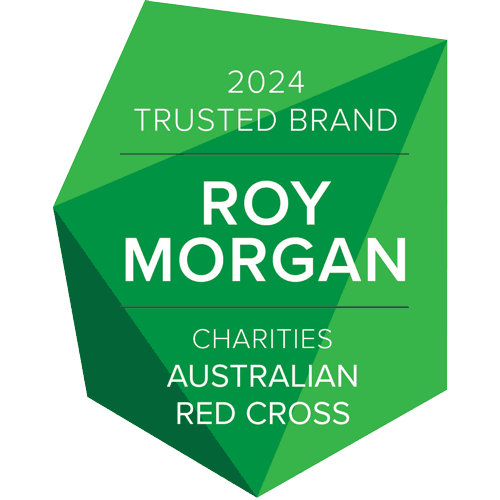Safe decision-making as COVID-19 restrictions ease
More emphasis is on us as individuals to make decisions about what is safe behaviour and how we should conduct our lives.

Decision-making can be difficult, especially after stress or traumatic events, like the COVID-19 pandemic.
We’re all been through a tumultuous past few months. The threat from the virus continues and the need for caution is ongoing.
While public health advice guides us, there are still decisions each of us must make particular to our own personal circumstance.
When to return to the office? Should I visit the city from my remote or regional area? Do I want to attend a party, funeral or wedding? How to care for my elderly parents? Should I catch a bus?
These types of choices involve levels of decision making about what is safe for ourselves, our family, friends and communities.
Decision-making during recovery
Our emergency teams have been through many disasters and emergencies and out of these have insights into safe decision-making, which we share here.
Take your time to make decisions that are right for you
Weigh up the complexity and look at all the moving parts
Identify what is important to you, your values and guiding principles
Alternatives Consider any alternatives and other options
High-risk decisions Make sure you understand the consequences of high-risk decisions
Personal reactions Consider how people will react to your decisions
Use a pros and cons list it can help guide your decision making
Maintain vigilance with your personal hygiene. This is the key to being safe, and keeping others safe
If it doesn’t feel right then best not to do it. If in doubt, sit it out
Some people find it more difficult to adjust to life after a stressful event than they expect, and may require more support from your community.
Some people may need further support after a major personal crisis. If this is you, consider seeking professional help. Contact Beyond Blue or Lifeline to get started.
You may also be interested in
Charity donations of $2 or more to Australian Red Cross may be tax deductible in Australia. Site protected by Google Invisible reCAPTCHA. © Australian Red Cross 2024. ABN 50 169 561 394
